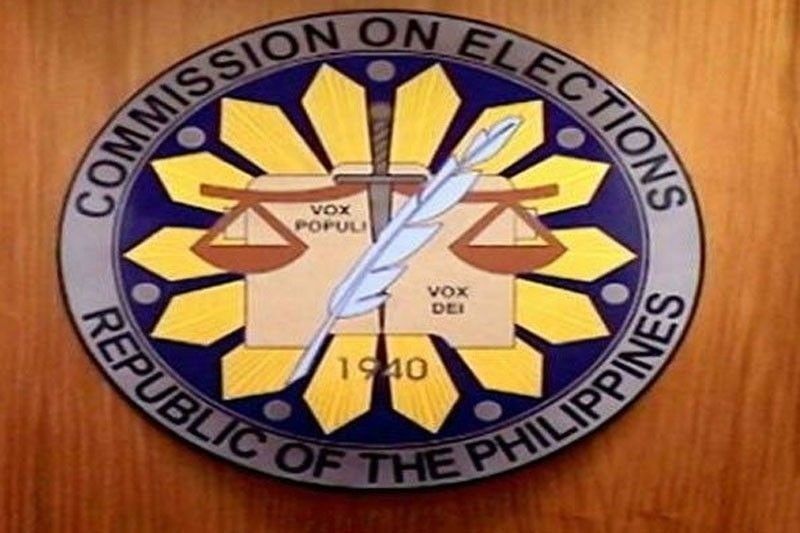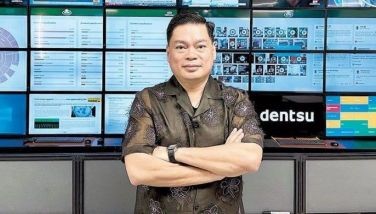Beyond price

The Philippines is poised to conduct its first-ever online voting for overseas Filipinos next year, marking a significant milestone in the nation’s electoral history and demonstrating a strong commitment to advancing digitalization.
The Commission on Elections (Comelec) is optimistic that the implementation of the Online Voting and Counting System (OVCS) will positively impact and enhance the efficiency of overseas voting. This online system will enable Filipinos abroad to vote using their own gadgets or devices, making the voting process more accessible.
With millions of Filipinos worldwide expected to participate, ensuring the reliability and integrity of the online voting system is paramount, particularly in light of concerns about potential fraud and cybersecurity threats.
Previous reports indicated that the budget for this pioneering system is approximately P465 million. Comelec arrived at this figure through extensive research, considering all factors necessary for a reliable and secure OVCS.
Last month, Comelec announced that a joint venture between SMS Global Technologies, Inc. and Sequent Tech, Inc. submitted the lowest bid for the OVCS. Their proposal of P112 million is significantly lower than the poll body’s budget of P465 million.
Given the complex technical specifications for the OVCS and the stringent security requirements to protect and uphold integrity of the elections, the substantial discrepancy between the bid amount and the Comelec budget raises several questions.
Comelec’s headline budget of P465 million for the OVCS includes the basic hardware and software requirements. Additionally, this budget should cover comprehensive cybersecurity measures, availability of 24/7 technical support in all countries where online elections will be held, backup servers, and cloud computing, among others.
Given these requirements, how can the P112-million bid from SMS Global and Sequent, which may I emphasize is less than a quarter of the proposed budget, adequately cover such a complex and technical OVCS?
Moreover, it was revealed that during public demonstrations, the SMS Global-Sequent joint venture failed to present several features for the OVCS as required by Comelec in its terms of reference (TOR). They also did not use the configuration data provided by Comelec, leading to mismatched information on election return printouts and certificates of vote. These demonstrations can be viewed on Comelec’s Facebook page.
Given these issues, there are early doubts about the joint venture’s ability to successfully implement the online voting system.
While the Comelec has yet to award the contract for the OVCS to the SMS Global-Sequent, the poll body should seriously consider the concerns about the bidder’s eligibility to provide a reliable and secure OVCS, especially since there is barely a year left before the midterm elections. SMS Global and Sequent must satisfy all the Comelec’s requirements under its TOR to be awarded the contract.
Price should never be the sole basis for selecting the winning bidder for critical government projects, especially for those as significant as national elections.
Cost-efficiency is important, but there should be comprehensive evaluations that include the bidder’s track record, technological capabilities, and the robustness of their proposed solutions.
In the context of the OVCS, a dependable, secure and safe infrastructure is paramount to protect the integrity of the electoral process. A cheaper bid that compromises on these aspects could lead to vulnerabilities, potential fraud, and a loss of public trust.
Investing in a high-quality, secure, and reliable system might entail higher initial costs, but it ultimately safeguards the electoral process and ensures the democratic rights of citizens are upheld. Thus, a balanced approach that prioritizes quality and security alongside cost is essential for the success of such crucial government initiatives.
The 2025 midterm elections are too important to serve as a testing ground for unproven tech companies. Elections are a hallmark of democracy, and Filipinos deserve nothing less than the most capable and competent service provider.
- Latest
- Trending






























